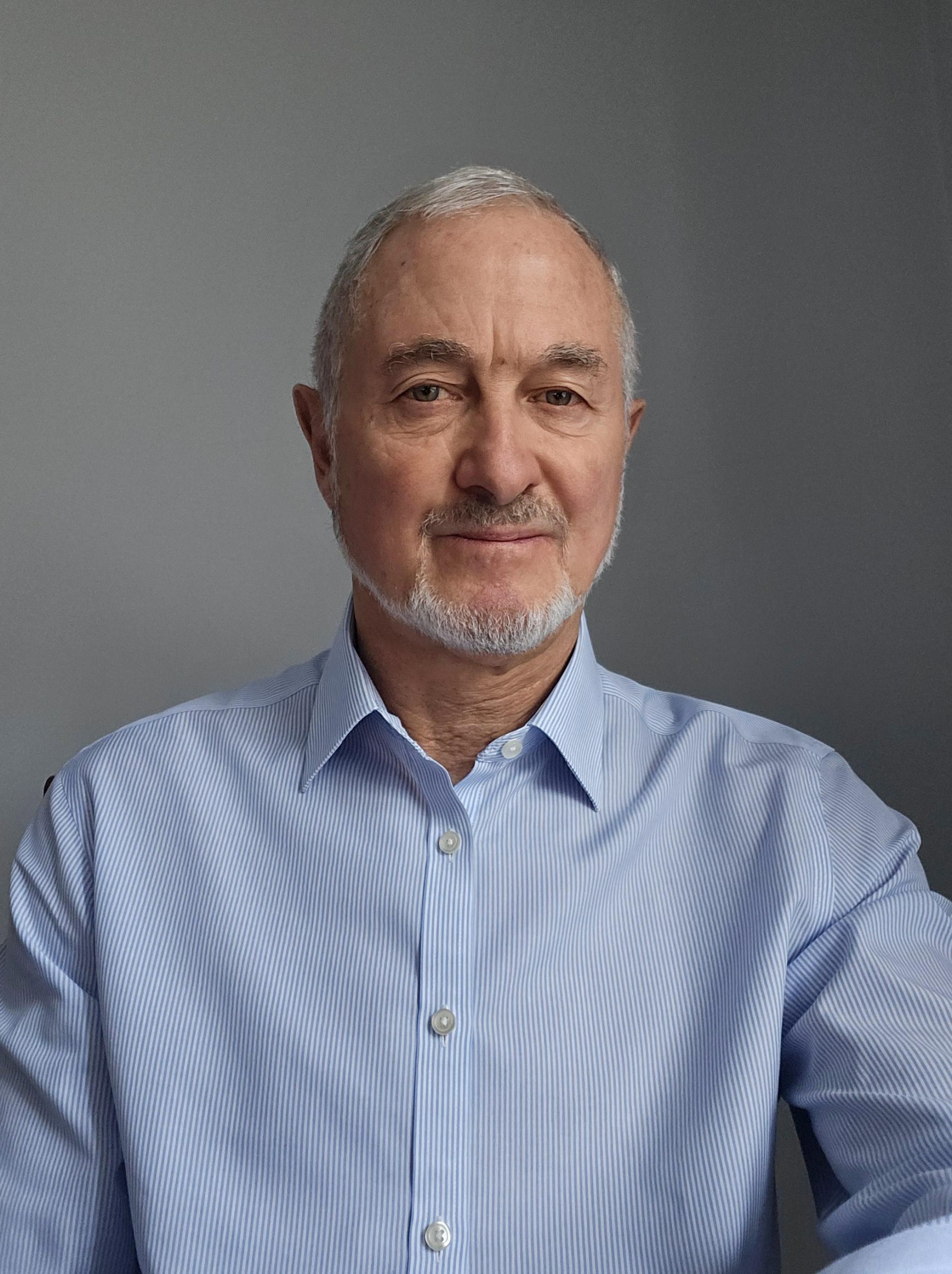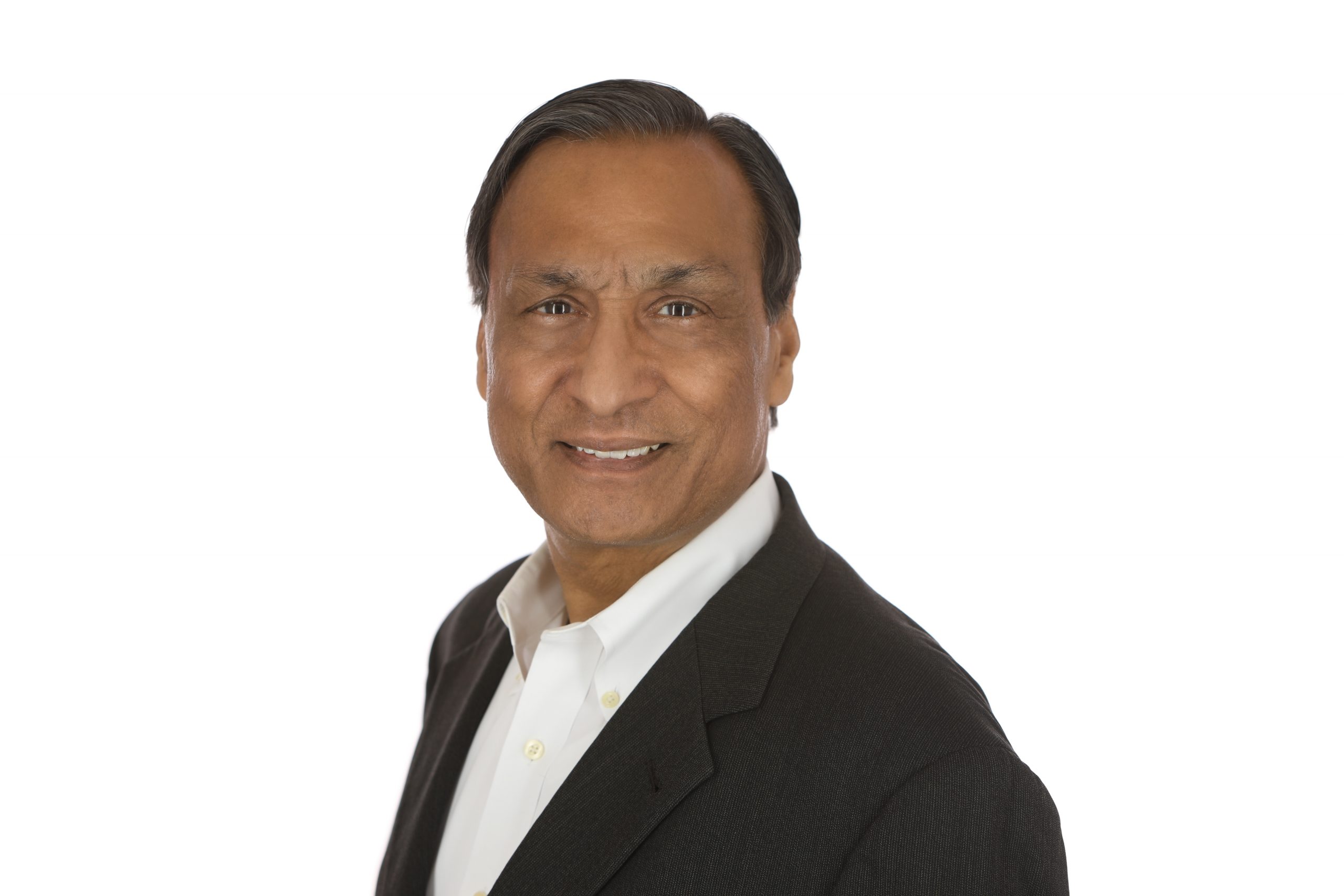|
Getting your Trinity Audio player ready...
|
Intel continues to scramble in the aftermath of the board opting to “retire” former CEO Pat Gelsinger last weekend.
On Sunday 1 December Intel had suddenly announced that CEO Pat Gelsinger “retired from the company after a distinguished 40-plus-year career and has stepped down from the board of directors”.
His departure came amid reports of a contentious board meeting over his perceived failure to respond to Nvidia’s competitive edge and a lack of confidence in his turnaround plans.
![]()
CEO search
Intel hurriedly named two senior Intel executives, David Zinsner and Michelle (MJ) Johnston Holthaus, as interim co-chief executive officers while the board conducts a search for a replacement CEO for the ousted Gelsinger.
And now the board has named two chip veterans to join Intel’s board (effective immediately), amid reports of an expertise gap on the board.
Earlier this week it had been reported that Intel had started shortlisting a handful of potential CEO candidates, including former board member Lip-Bu Tan.
Intel’s board had reportedly approached former board member Lip-Bu Tan to gauge his interest in taking up the job, but the firm is also reportedly evaluating other candidates.
Lip-Bu Tan is a respected chip industry veteran, and if Intel does succeed in recruiting him, it would be a remarkable development.
It was only in August 2024 when Lip-Bu Tan had suddenly informed Intel’s board that he would be leaving, “effective immediately.”
Lip-Bu Tan had been brought in two years ago to help with the chipmaker’s turnaround efforts.
But Lip-Bu Tan’s departure from Intel’s board in August came amid media reports of differences with Pat Gelsinger and other directors over what Tan considered Intel’s bloated workforce, risk-averse culture, and lagging artificial intelligence strategy.
Tan’s exit reportedly left a vacuum of chip-industry technical and business acumen on Intel’s board, which until now was said to be populated by leaders in academia and finance, and former senior executives from the medical, tech and aerospace industries.
Board additions
But now Intel has named semiconductor veterans Eric Meurice and Steve Sanghi to its board of directors, effective immediately.
Eric Meurice is the former president, CEO and chairman of ASML Holding NV, and Steve Sanghi, chairman and interim CEO of Microchip Technology.

Image credit Intel Corporation
Sanghi previously served as CEO at Microchip Technology from 1991 to 2021, making him one of the longest-serving CEOs of a semiconductor company.

Image credit Intel Corporation
Both will serve as independent directors.
“Eric and Steve are highly respected leaders in the semiconductor industry whose deep technical expertise, executive experience and operational rigor make them great additions to the Intel board,” said Frank D. Yeary, interim executive chair of the Intel board.
“As successful CEOs with proven track records of creating shareholder value, they will bring valuable perspectives to the board as the company delivers on its priorities for customers in Intel Products and Intel Foundry, while driving greater efficiency and improving profitability,” said Yeary.
“I am thrilled to join Intel’s board as the company completes a historic pace of process technology innovation and transforms its business for the future,” said Meurice. “I look forward to working with my fellow directors to further enhance Intel’s market competitiveness and deliver sustainable financial performance.”
“I am excited to lend my experience and perspective as Intel executes one of the most consequential corporate transformations in decades,” said Sanghi. “Intel is well-positioned to capitalise on attractive opportunities across its product and foundry businesses, and I’m eager to work with the board and management team to deliver on the goals the company has set.”
Intel’s troubles
Intel in August 2024 had stunned the world when it revealed disappointing second quarter financial results, and confirmed it would cut 15 percent of its 116,500 strong workforce (roughly 15,000 jobs), as it struggled to deliver on its long-running and stuttering turnaround plan.
Then CEO Gelsinger added to the shock with his confirmation that “costs are too high, our margins are too low”, and this coupled with weak forecasts and the suspension of dividend payments to investors, triggered the largest single day drop in Intel’s stock price in 50 years, after it plummeted 26 percent on 2 August. This caused Intel’s market value to sink more than $32 billion in a single day.
Angry Intel shareholders then sued the firm, alleging the chipmaker fraudulently concealed problems that led it to post weak Q2 results, slash jobs and suspend its dividend payment.
Later that month Intel began exploring its strategic options, allowing the board to consider a full range of options, including splitting off and selling the foundry businesses.
In the end the board opted to pause its factories in Germany and Poland, and spin off its foundry business, as it carried out the huge number of job layoffs.
Then last weekend the board “retired” Geslinger after allegedly losing confidence in his turnaround plan.




